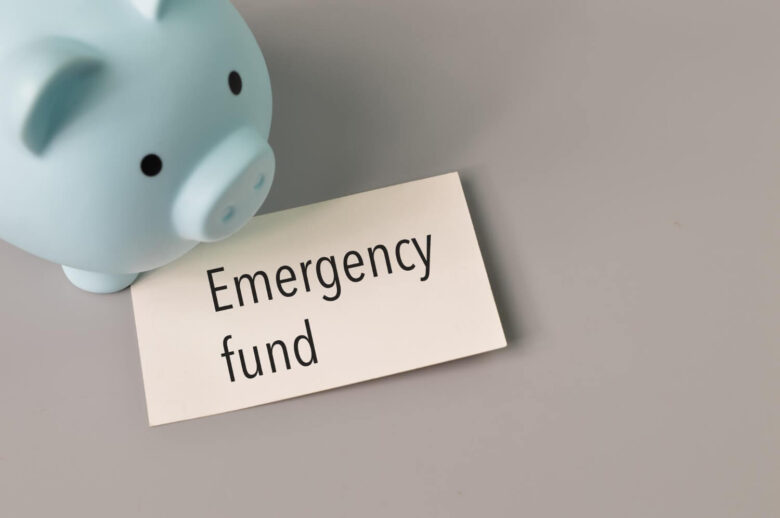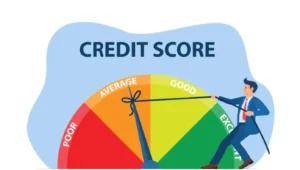Life often presents unexpected challenges. Your car breaks down on the way to an important meeting, your roof starts leaking during a storm, or you face an unexpected medical bill. These situations can quickly spiral into financial stress without proper preparation. An emergency fund acts as your financial safety net, providing peace of mind and protection against life’s uncertainties. Building this crucial financial buffer isn’t just a beneficial idea—it’s essential for anyone seeking true financial stability and independence.
Unexpected Expenses
The reality is that unexpected expenses aren’t really unexpected at all—they’re inevitable. Your household appliances will eventually need repairs or replacement. Medical emergencies can happen to anyone, regardless of age or health status. Job loss affects millions of people each year, often with little warning. Vehicle repairs, home maintenance issues, and family emergencies all fall into this category of expenses that we know will happen, but we can’t predict exactly when or how much they’ll cost. Without an emergency fund, these situations force people to rely on credit cards, personal loans, or borrowing from family members, creating additional financial stress and potentially damaging relationships. Having cash readily available means you can handle these situations quickly and move forward without derailing your long-term financial goals.
Financial Security
An emergency fund provides more than just money—it delivers genuine peace of mind. When you know you have several months of expenses saved, you can make career decisions based on opportunity rather than desperation. You might feel confident enough to negotiate for a better salary, pursue additional education, or even start your own business. This financial cushion also protects your other investments and retirement savings, preventing you from having to cash out long-term assets during market downturns or personal crises. The psychological benefits are equally important. Financial stress can impact your health, relationships, and overall quality of life. Being ready for emergencies alleviates anxiety and enables you to concentrate on achieving your objectives instead of continuously fretting about potential setbacks.
Calculate Your Needs
Determining the right amount for your emergency fund requires careful consideration of your personal circumstances. Financial experts typically recommend saving three to six months’ worth of living expenses, but your ideal amount depends on several factors. If you have stable employment, excellent health insurance, and multiple income sources in your household, three months might suffice. However, if you’re self-employed, work in a volatile industry, or have dependents relying on your income, aiming for six months or more makes sense. Calculate your monthly essential expenses, including housing, utilities, groceries, insurance premiums, minimum debt payments, and transportation costs. Don’t include discretionary spending like entertainment or dining out—your emergency budget should cover necessities only. This calculation gives you a clear target to work toward and helps you understand exactly what financial security looks like for your situation.
Where to Save
Your emergency fund needs to be easily accessible but separate from your daily spending accounts. A high-yield savings account is often the best choice because it offers better interest rates than traditional savings accounts while maintaining liquidity. Online banks frequently offer competitive rates with no monthly fees or minimum balance requirements. Money market accounts provide another option, often with slightly higher interest rates and the convenience of check-writing privileges. Avoid investing your emergency fund in stocks, bonds, or other market-based investments that can lose value when you need the money most. Certificates of deposit might seem appealing due to higher interest rates, but the early withdrawal penalties make them inappropriate for emergency funds. The key is finding an account that offers reasonable interest rates, no penalties for withdrawals, and quick access to your money when emergencies arise.
Replenish the Fund
Using your emergency fund shouldn’t create guilt—that’s precisely what it’s designed for. However, replenishing it should become an immediate priority after any withdrawal. Treat rebuilding your emergency fund like any other essential expense, creating a specific plan to restore it to your target amount. If you used a significant portion, consider temporarily reducing discretionary spending or finding ways to increase your income until the fund is restored. Some people find it helpful to automate transfers to their emergency fund, treating it like a bill that must be paid each month. Others prefer to direct windfalls like tax refunds, bonuses, or gifts toward rebuilding their safety net. The important thing is having a concrete plan rather than hoping you’ll remember to save extra money when possible.
Take Control of Your Financial Future
Building an emergency fund might feel overwhelming, especially if you’re already stretched financially. Start small—even $25 per week adds up to over $1,300 in a year. The key is beginning the habit and watching your safety net grow over time. Your future self will thank you for the security and peace of mind that comes with proper emergency preparation. Preparing for life’s inevitable surprises is the foundation of financial independence, and now is the ideal time to begin.
FAQs
1. How much should I save if I’m just starting out?
Begin with a goal of $1,000 as your initial emergency fund. This amount covers most minor emergencies and helps you avoid credit card debt while you work toward your full emergency fund goal.
2. Should I pay off debt or build an emergency fund first?
Start with a small emergency fund of $500-1,000, then focus on paying off high-interest debt. Once you’ve eliminated credit card and other high-interest debt, build your full emergency fund.
3. What counts as a true emergency?
True emergencies are unexpected expenses that are both urgent and necessary. This includes medical bills, major home repairs, car repairs needed for work, or job loss. Vacations, weddings, or holiday gifts don’t qualify.
4. Can I use my emergency fund for opportunities?
No, emergency funds should exclusively be used for true emergencies. If you want to take advantage of opportunities, create a separate “opportunity fund” so your emergency money remains untouched.
5. How often should I review my emergency fund amount?
Review your emergency fund target annually or whenever you experience major life changes like getting married, having children, buying a home, or changing jobs. Your target amount should reflect your current living expenses and circumstances.




